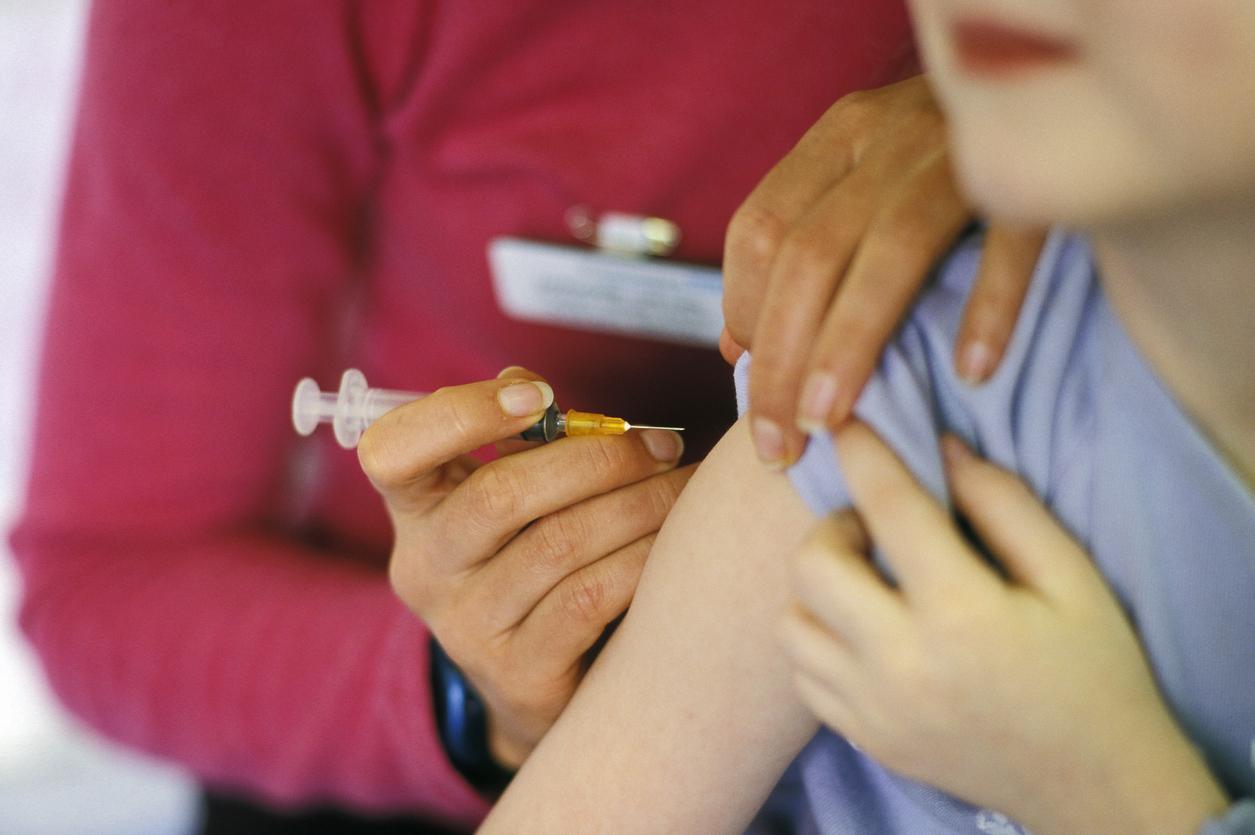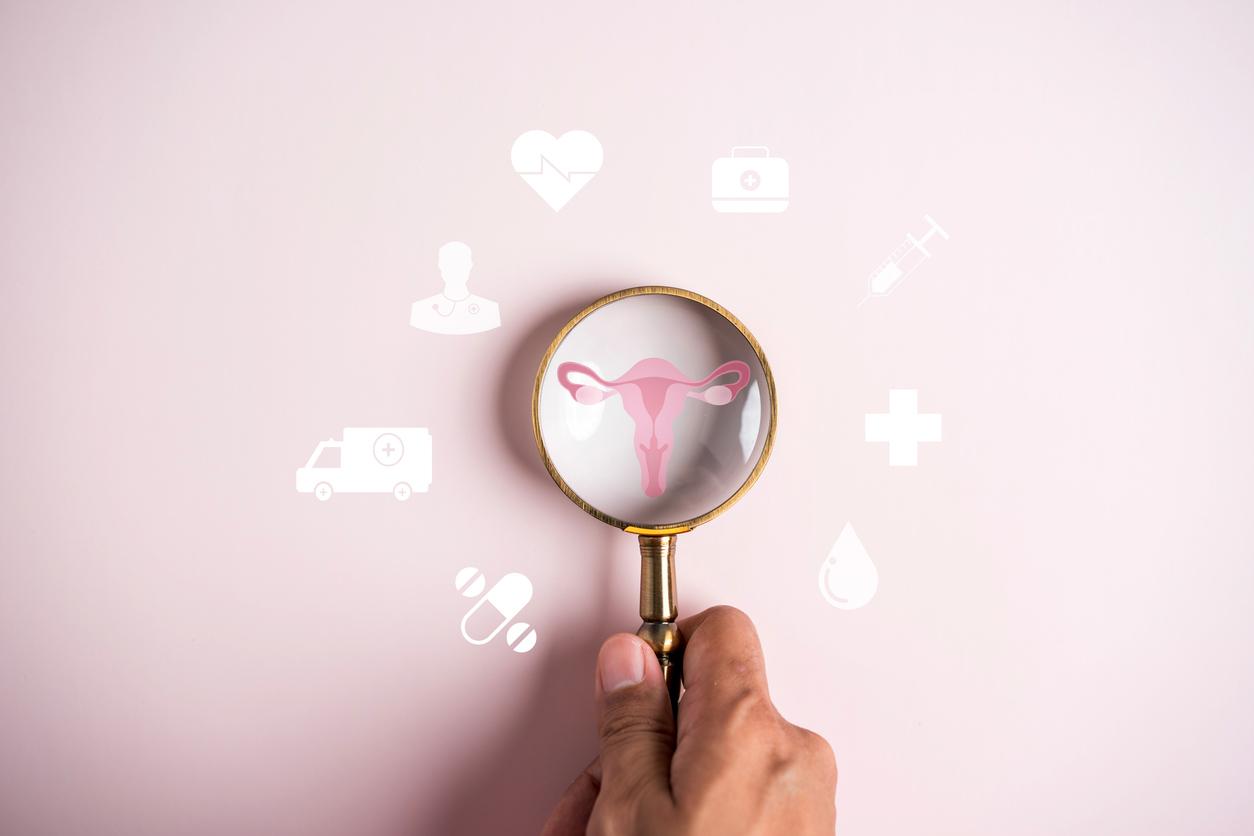Patients infected with a high-risk strain of human papillomavirus (HPV) are four times more likely to die from cardiovascular disease.

- While none of the women had cardiovascular disease at the time of enrollment, 134 of the participants died from it during the study.
- Women infected with papillomavirus had a higher risk of having blocked arteries, dying from heart disease and stroke.
- “The virus creates inflammation in blood vessels, contributing to blocked and damaged arteries and increasing the risk of cardiovascular disease,” according to the authors.
“High-risk human papillomavirus (HR-HPV) infection, a well-established risk factor for cervical cancer, could also contribute to the buildup of dangerous plaques in the arteries. However, its link with cardiovascular mortality remains uncertain,” said researchers from Sungkyunkwan University in Seoul (Korea). This is why they decided to carry out a study published in the journal European Heart Journal.
Papillomavirus: a 4 times higher risk of having blocked arteries
As part of the work, the team recruited 163,250 young and middle-aged Korean women who did not have any cardiovascular disease at enrollment. Participants completed various screening tests, including cervical screening for 13 high-risk strains of papillomavirus. During a 17-year follow-up, the volunteers returned for health check-ups every year or two. The scientists were able to combine data on HPV test results in female patients with national data on deaths from cardiovascular disease, including heart disease and stroke.
During the study, 134 deaths related to cardiovascular diseases were recorded. According to the results, women infected with papillomavirus had a 3.91 times higher risk of having blocked arteries and a 3.74 times higher risk of dying from heart disease. They were also six times more likely to die of a stroke. The authors found that the risk was even higher in patients with human papillomavirus infection and obesity.
The papillomavirus “creates inflammation in the blood vessels”
“It may be that the virus creates inflammation in blood vessels, contributing to blocked and damaged arteries and increasing the risk of cardiovascular disease. (…) This study highlights the importance of comprehensive patient care infected with papillomavirus. Clinicians should monitor their cardiovascular health, particularly those with obesity or other risk factors.” concluded Hae Suk Cheonglead author of the research.
The team believes more work is needed to determine whether human papillomavirus infection has similar effects on men and to see whether the HPV vaccine can prevent deaths from heart disease.


















